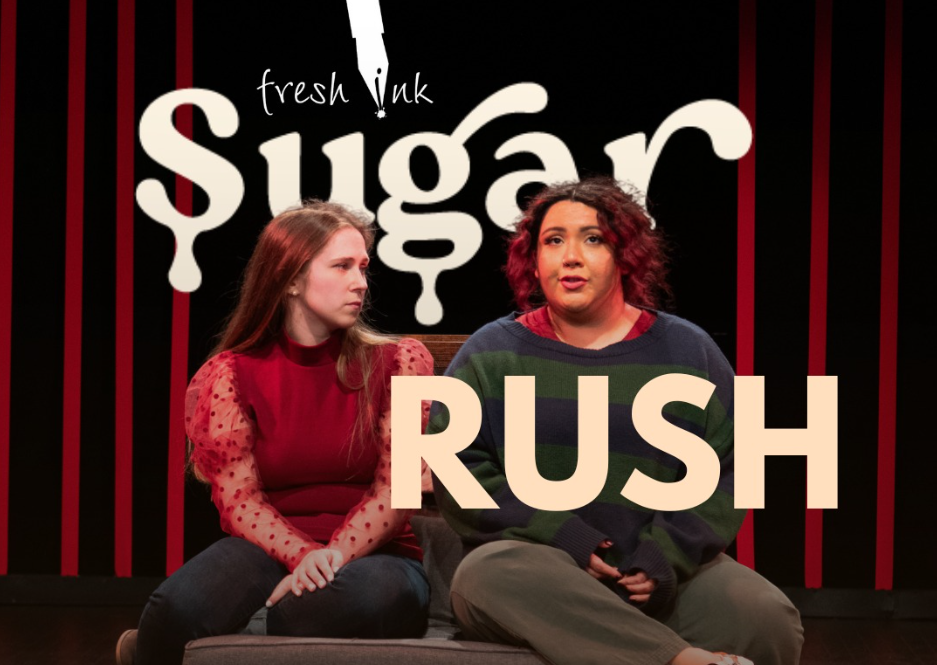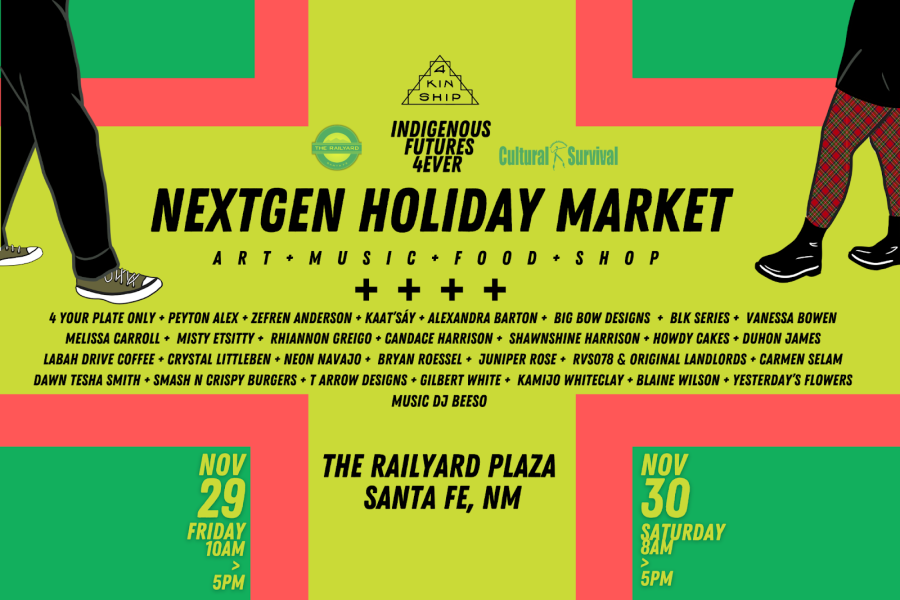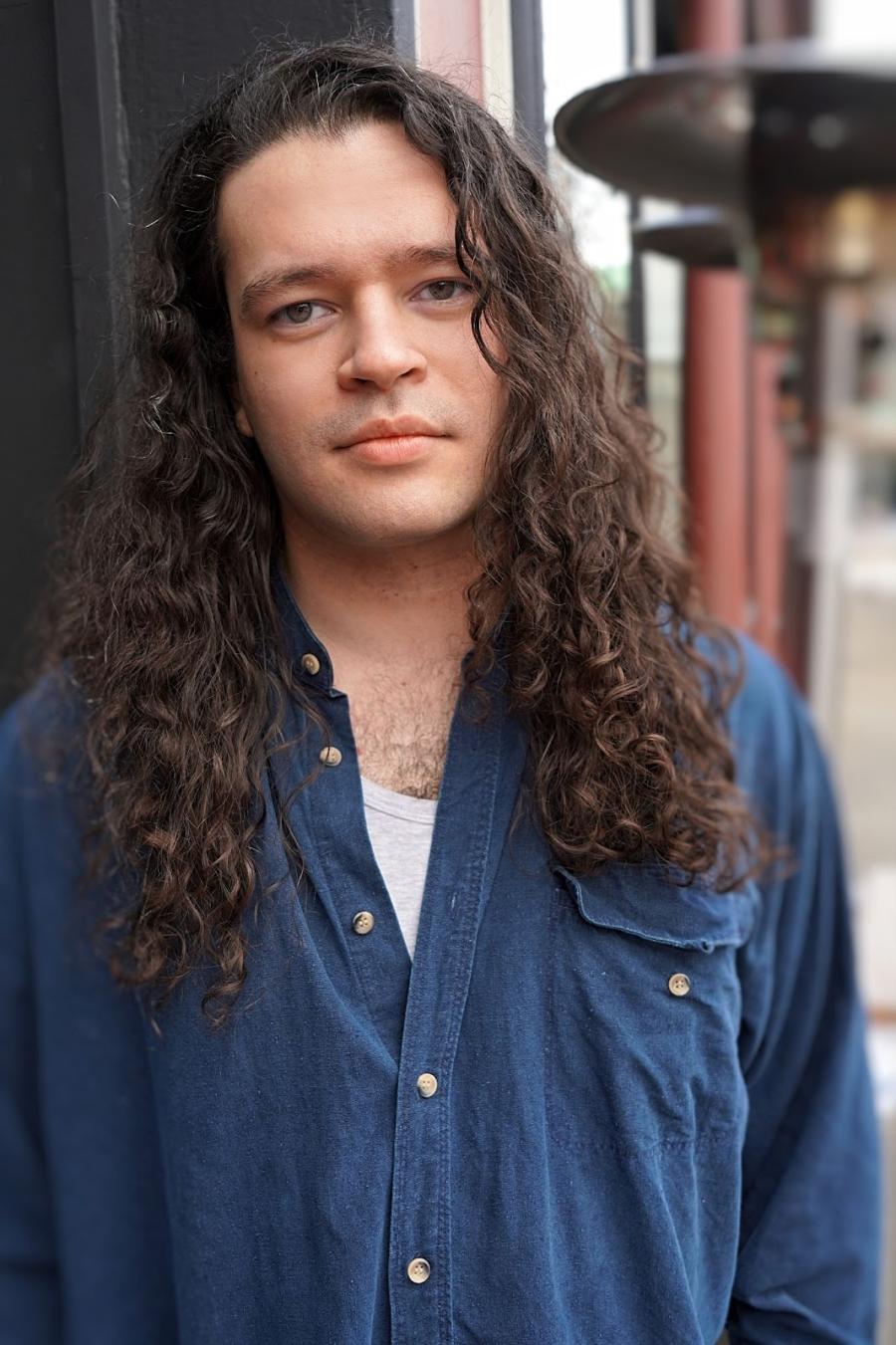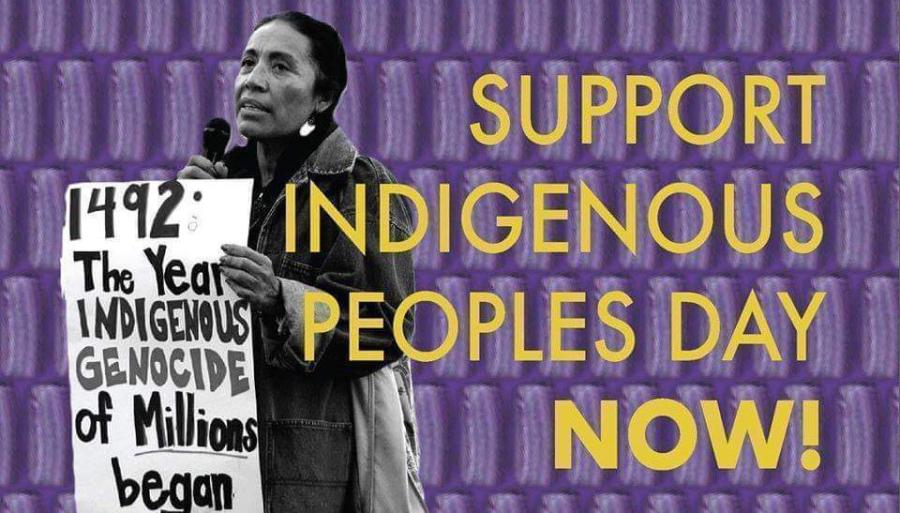
By Tia-Alexi Roberts (Narragansett, CS Staff)
On April 19, 2025, Cultural Survival attended “Sugar,” a play written by Tara Moses (Seminole Nation of Oklahoma and Muscogee Creek) and presented at Fresh Ink Theater, Boston Center for the Arts (April 17 through May 3). This sharply written comedy about friendship and ambition quickly peeled back to reveal deep questions about class disparity, systemic inequality, and economic survival.
The cast included Tiffany Santiago as Brooke Wilson, Katherine Callaway as Holly O’Neill, Chingwe Padraig Sullivan (Shinnecock and Montaukett Nations) as Derek Adams, Matthew Feldman-Campbell as Will Strickland, Tanya Avendaño Stockler as Nina Rodriguez, and Rob Cope as Chorus Man.
The story opens with tension: two former best friends, Brooke and Holly, cross paths at an event, arms folded and brows furrowed in disapproval. What follows is a series of flashbacks that trace the rise and fall of their once-solid friendship.
Brooke, a woman of color navigating life with limited financial resources, had found deep support in Holly, her opposite in many ways—white, wealthy, and engaged to a man from a similar background. As time passes, their differences grow more pronounced, ultimately straining and severing their bond.
During a bridal fitting, the cracks deepen. At the boutique, the shopkeeper makes subtle but cutting remarks about Brooke’s body, insisting they may not have anything in her size and casting doubt on whether her dress would even arrive in time. The moment accentuates Brooke’s ongoing experience of exclusion and humiliation in spaces not built for her.
Back in her own reality, Brooke finds herself in a position of survival with an eviction notice in hand, dodging collection calls, and grappling with the loss of her job due to corporate pressures. To no surprise, and quite frankly who would blame her- Brooke jumps at the opportunity to survive as a “sugar baby.”
The “sugar daddy,” Derek Adams, colleague of Holly’s fiance offers Brooke an opportunity to be paid handsomely while Brooke is able to attend school and not have to work multiple jobs to stay afloat.
Holly and her fiancé soon uncover Brooke’s arrangement with his colleague. Shocked, indignant, and more concerned with vanity and reputation, the couple confronts her, condemning her actions and labeling her as unethical. Brooke pushes back, asserting that unlike them, she doesn’t have the privilege of financial security. “You don’t have to make choices like this to survive,” she tells them, pointing out that their judgments are shaped by generational wealth and economic comfort—luxuries she’s never had.
With a mix of humor and heartbreak, “Sugar” challenges its audience to consider the price of success in a world that only offers some people the luxury of choice. At its core, “Sugar” explores classism and systemic oppression, especially as they affect women of color with no safety net.
“Money won’t buy happiness” was Holly’s motto—but what she didn’t realize is that having the freedom to say that is a privilege in itself. The illusion of “choice” is cleverly deconstructed—some characters appear to succeed, but only at great personal cost. The play asks: who really gets to chase their dreams, and who must compromise just to survive?
For communities that live at the intersection of erasure and economic injustice, “Sugar” mirrors a lived reality: survival often means sacrifice. The story reflects how systemic inequality forces hard choices, especially for women whose identities already mark them as expendable.
This production is a reminder that justice and freedom aren’t equally accessible—and that storytelling remains a powerful way to expose that truth. Tara Moses’ “Sugar” is a compelling look at survival in a rigged system. With sharp writing and moving performances, it challenges audiences to reflect on what we call “choice”—and who actually gets one.
Photo by Erin Solomon.



